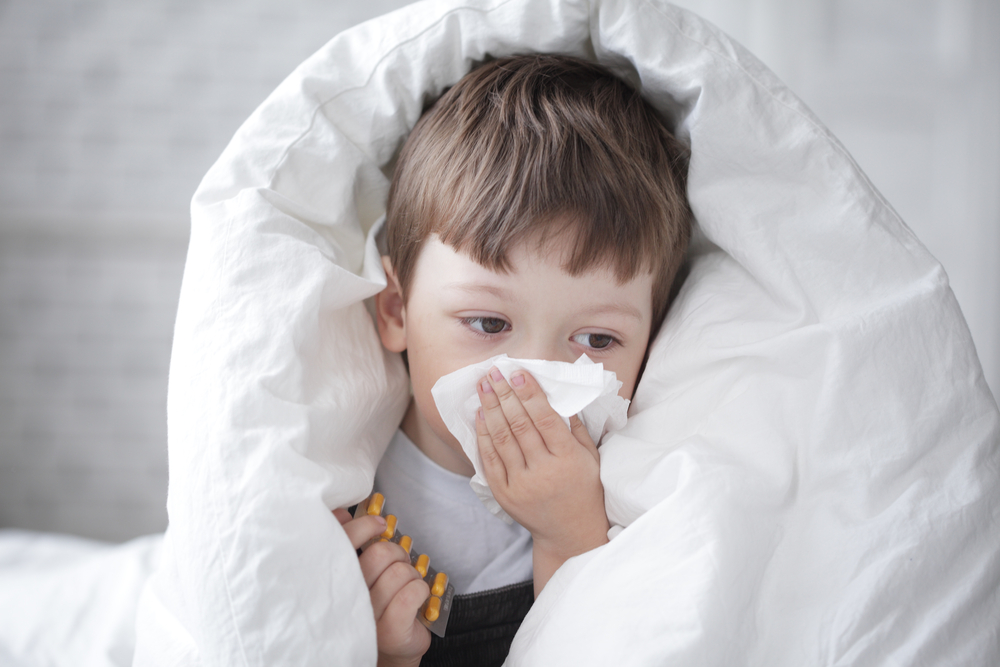Latest Research Shows That Zinc Lozenges Does Not Help In Common Cold (Influenza) Infections
Source: Thailand Medical News Feb 06, 2020 6 years, 1 week, 3 days, 1 hour, 54 minutes ago
A new research involving a randomized trial conducted by researchers from the University of Helsinki showed that the administration of
zinc acetate lozenges to
common cold (
influenza) patients did not shorten colds or help recovery.

Previously, eight controlled trials reported that
zinc lozenges reduced the duration of the
common cold, but several other trials did not show that neither did they show that
zinc lozenges could help treat the infection.
It has been proposed that variation in the types of
zinc lozenges could be one explanation for the divergence in the study findings.
It was observed that many studies with negative findings used lozenges that had low doses of
zinc or contained ingredients such as citric acid that bind
zinc ions preventing the release of free
zinc in the oropharyngeal region.
The varying results in the study findings indicates that indicated that further research was needed to determine the conditions when
zinc lozenges may be effective and the type and dosage of lozenges that may be optimal. Hence the new research.
In the new randomized, double-blind placebo-controlled trial, Dr. Harri Hemilä from the University of Helsinki, Finland, and his colleagues investigated the effect of
zinc acetate lozenges on employees of City of Helsinki, Finland. To minimize the delay between the onset of
common cold symptoms and the initiation of treatment, the participants were administered a package of lozenges with an instruction to start treatment as soon as feasible after the onset of symptoms. Participants were instructed to slowly dissolve 6 lozenges per day in their mouth with a total
zinc dose of 78 mg/day, for 5 days.
It was observed that during the trial, 88 participants contracted the
common cold and started to use lozenges. No difference in the rate of recovery from the common cold was observed between the zinc and the placebo groups during the 5-day treatment period. Unexpectedly, after the end of the 5-day treatment period, participants in the zinc group recovered less rapidly than in the placebo group. This potential adverse effect after active treatment needs to be confirmed or refuted by future studies.
The only negative effect complained by participants was the bad taste of the
zinc lozenges. In the study carried out by Dr. Hemilä and colleagues, 37% of
zinc participants did not complain of any adverse effects. In addition, the experiences of bad taste were mostly such minor that they did not reduce the average use of
zinc lozenges when compared with the placebo group. Even if taste may
prevent the use of
zinc lozenges by certain individual patients, wide segments of people do not seem to experience strong discomfort from the taste.
Dr. Hemilä told
Thailand Medical News,“Our study does not confirm the usefulness of
zinc lozenges for treating the
common cold, but neither does it refute the previous studies where
zinc lozenges were found to be effective.,”
He further added, “In future trials of
zinc lozenges, the dosage of
zinc should be greater, the lozenges should dissolve more slowly, and the treatment should last longer than 5 days. Also before
zinc lozenges can be widely promoted for
common cold treatment, the characteristics of lozenges that are clinically efficacious should be defined in detail.”
Reference: Zinc acetate lozenges for the treatment of the
common cold: a randomised controlled trial, Hemilä H, Haukka J, Alho M
, et al, BMJ Open 2020;
10:e031662. doi: 10.1136/bmjopen-2019-031662
